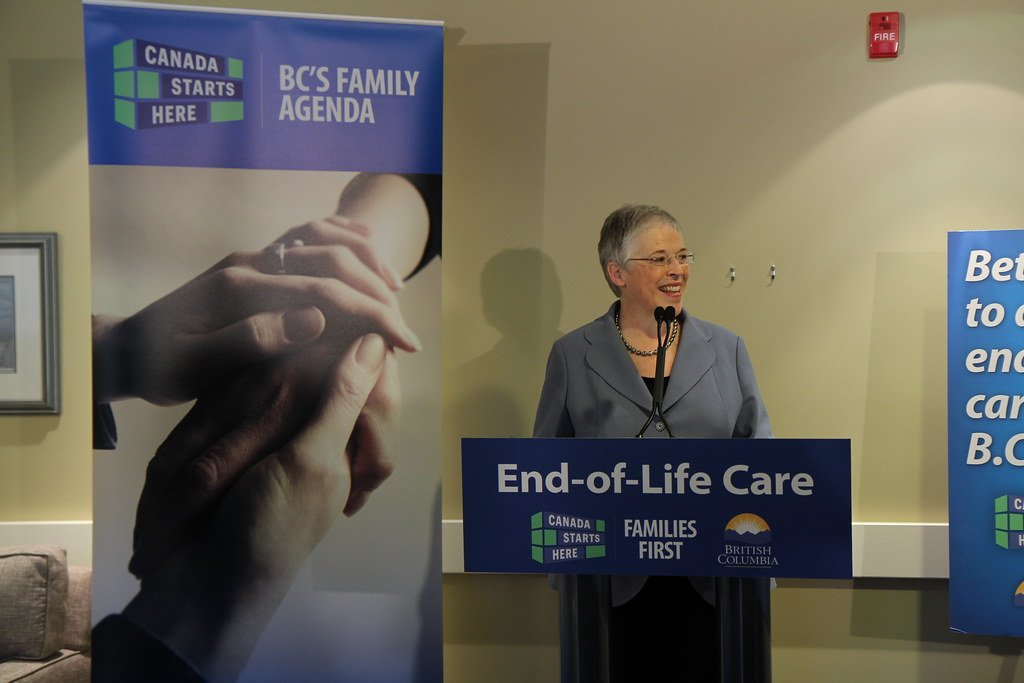 assisted living facilities
assisted living facilities
In the realm of end-of-life care, the final days of hospice care are a topic of profound significance and contemplation. As individuals near the end of their journey, questions arise about what to expect during this time and how best to support both patients and their loved ones. Recent years have seen an increasing focus on improving the quality of care provided in these crucial moments, driving discussions about the experiences of patients, families, and healthcare professionals.
Exploring the Facets of Hospice Care in the Final Days
The final days of hospice care encompass a range of experiences, from physical symptoms to emotional and spiritual needs. Patients often require specialized medical attention to manage symptoms such as pain, respiratory distress, and changes in consciousness. Additionally, hospice teams focus on providing emotional support to both patients and their families, helping them navigate feelings of grief, fear, and uncertainty during this challenging time.
According to the National Hospice and Palliative Care Organization (NHPCO), hospice care in the final days emphasizes comfort and dignity, with a focus on alleviating suffering and enhancing quality of life. This holistic approach ensures that patients receive personalized care that respects their wishes and values, promoting a peaceful and meaningful end-of-life experience.
Challenges and Considerations
Despite the invaluable support provided by hospice care teams, challenges and ethical considerations remain. Decisions about medical interventions, advance care planning, and end-of-life preferences can be complex and emotionally fraught for patients and families. Additionally, ensuring adequate resources and support for hospice care in the final days poses logistical and financial challenges for healthcare systems and providers.
Recent studies, such as those published in the Journal of Pain and Symptom Management, have highlighted the need for improved communication and symptom management in hospice care’s final days. Addressing these challenges requires ongoing dialogue, education, and collaboration among healthcare professionals, policymakers, and community stakeholders.
Case Studies or Real-world Applications
One notable case study published in Palliative Medicine examined the experiences of a hospice patient in the final days of life. The interdisciplinary hospice care team provided compassionate support, addressing the patient’s physical symptoms and emotional needs while respecting their autonomy and dignity. Through effective communication and personalized care, the hospice team helped facilitate a peaceful transition for the patient and their family.
Conclusion
In conclusion, the final days of hospice care represent a profound and complex period in the end-of-life journey. By providing compassionate and comprehensive support, hospice care teams strive to ensure that patients and their families find comfort, dignity, and peace during this challenging time. As our understanding of end-of-life care continues to evolve, ongoing efforts to improve communication, symptom management, and support services will play a crucial role in enhancing the quality of care provided in hospice’s final days.
Q&A Section
- What physical symptoms may occur in the final days of hospice care? In the final days of hospice care, patients may experience symptoms such as pain, difficulty breathing, changes in consciousness, and loss of appetite. Hospice care teams focus on managing these symptoms effectively to ensure patient comfort and dignity. Additional resources:
- How can families best support a loved one receiving hospice care in the final days? Families can support their loved one by providing companionship, emotional support, and assistance with activities of daily living. Open communication, active listening, and honoring the patient’s wishes are essential during this time. Additional resources:
- What spiritual support is available for patients and families in hospice care? Hospice care teams often include chaplains or spiritual counselors who provide support and guidance based on the patient’s spiritual beliefs and values. These professionals offer comfort, companionship, and assistance with end-of-life rituals and ceremonies. Additional resources:
- Can patients continue to receive medical treatments in the final days of hospice care? In hospice care, the focus shifts from curative treatments to comfort-oriented care. However, patients may continue to receive treatments aimed at symptom management and improving quality of life, such as pain medications or oxygen therapy. Additional resources:
- How can healthcare professionals ensure that patients’ end-of-life wishes are respected in hospice care? Healthcare professionals work closely with patients and families to discuss and document end-of-life wishes, preferences for care, and advance directives. Clear communication, empathy, and sensitivity are essential in honoring patients’ autonomy and dignity. Additional resources:
- The Conversation Project – Starter Kits and Resources
- American Bar Association – Advance Care Planning Toolkit
Need help? Let us know how we can match you.
